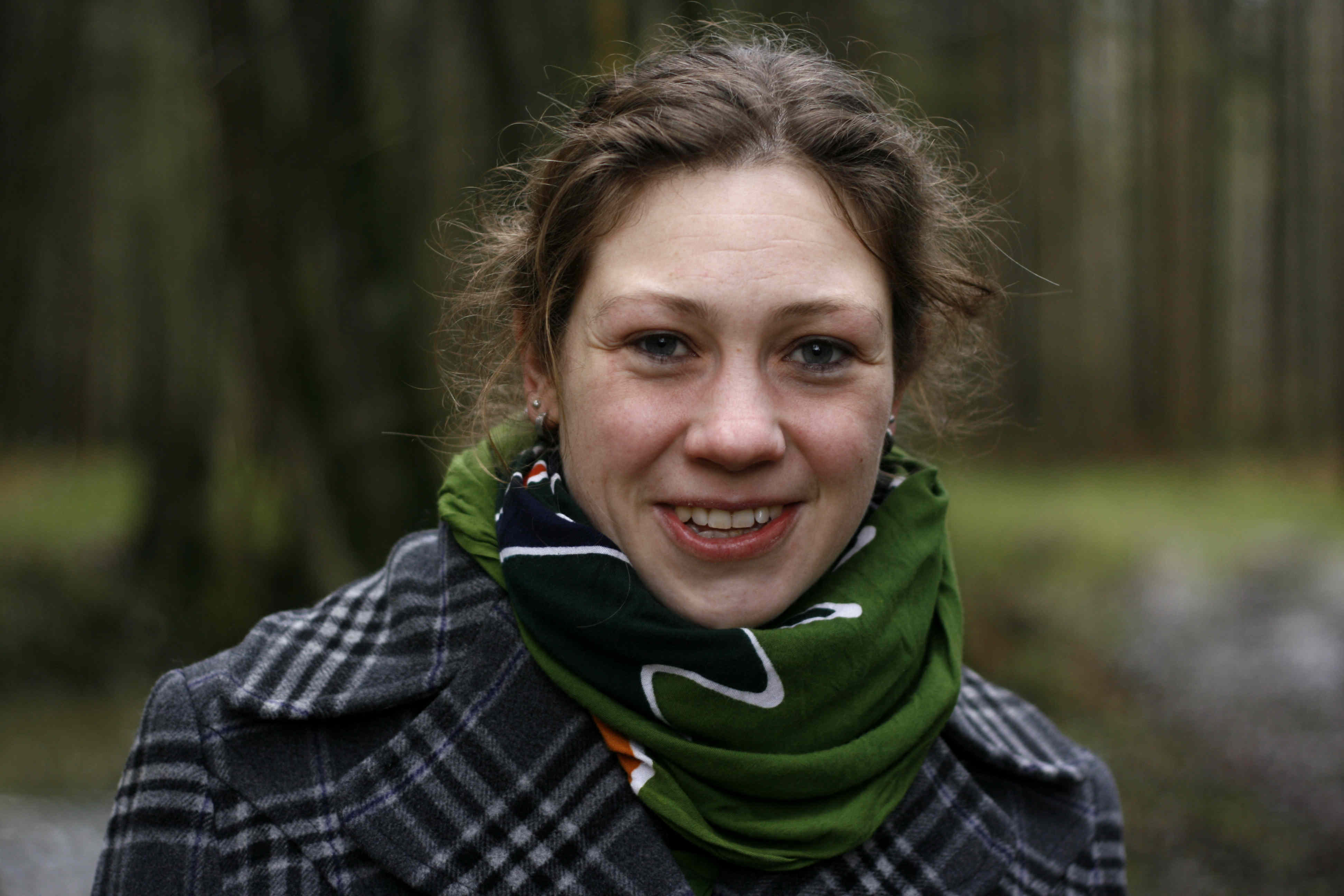
|
Research Unit Sustainability and Climate PolicyProf. Dr. Dr. Felix Ekardt, LL.M., M.A. |

|

|
Research Unit Sustainability and Climate PolicyProf. Dr. Dr. Felix Ekardt, LL.M., M.A. |

|
Recent
Publications and Speeches
Newsletter
The CBD as well as (national and transnational) human rights contain an obligation to halt biodiversity loss since 1993 at the latest, which has been continuously violated ever since. Governments can also be sued on this basis. We show this in a new international paper: here and in our biodiv lawsuit against the German (and indirectly the EU) legislator: here.
Even with zero fossil fuels and greatly reduced animal husbandry, residual emissions remain that must be compensated - even if sufficiency can make this amount of emissions smaller than the IPCC assumes. This requires above all the regulation of forests and peatlands (which are also central to biodiversity protection). Here, economic instruments and regulatory law relate to each other differently than they often do. Three international articles explore this - on forests, on peatlands and on the very problematic large-scale BECCSand other kinds of geoengineering.
German and EU climate policy is contrary to international law and constitutional human rights. Even the unambitious targets themselves are illegal. More on this in our new legal analysis, including critical perspectives on IPCC AR6 here. In April 2021, we won a groundbreaking lawsuit at the German Constitutional Court. See on this in Nature Climate Change, in The Environment and Sustainability.
The existing legal framework on P is strongly characterized by detailed command-and-control provisions and thus suffers from governance problems such as enforcement deficits, rebound and shifting effects. Our new paper focuses on how these challenges could be addressed by economic instruments. The article highlights not only the impact of the instruments on P management, but also on adjacent environmental areas. We pay particular attention to the governance effects on reaching international binding climate and biodiv goals: here.
The production of animal food products is (besides fossil fuels) one of the most important noxae with regard to many of the environmental problems, such as climate change, biodiversity loss or globally disrupted nutrient cycles. This paper provides a qualitative governance analysis of which regulatory options there are to align livestock farming with the legally binding environmental objectives, in particular the Paris Agreement and the Convention on Biological Diversity: here.

Jutta Wieding, M.A. is a member of the Research Unit Sustainability and Climate Policy since 2013. Since 2017, she is working on her PhD thesis on the subject of regulation of greenhouse gas emissions from land use resulting from animal products – status and perspectives for transnational governance instruments (in cooperation with University of Rostock, Faculty of Agricultural and Environmental Sciences, Soil Science), funded by Heinrich Böll Foundation. She holds a Master of Arts in International Relations from Technical University of Dresden. In the context of her contributions to InnoSoilPhos (Innovative Solutions to Sustainable Soil Phosphorus Management), she worked on questions of international climate policy as well as governance of soil protection and sustainable agriculture, focusing especially on economic governance instruments and integrated solutions for connected ecological problems. Jutta Wieding is member of the board of Friends of the Earth Saxony and president of Friends of the Earth Dresden. Also, she is active in the scientific body of Friends of the Earth Germany in the working groups Environmental Ethics (Co-Chair) and International Environmental Policy. With her qualification as „Zukunftspilot“, she works as freelancer as facilitator for environmental issues and in NGO development.
EU Competition Law, Renewable Energies and the Tendering Model: Quantity Control Versus Price Control in Climate Politics, in: Mathis, Klaus (ed.): Competition Law and Economics, Dordrecht 2019, in print (with Felix Ekardt).
Agriculture-related Climate Policies – Law and Governance Issues, in: Carbon & Climate Law Review 2018, Vol. 12 No. 4, pp. 316-331 (with Felix Ekardt, Beatrice Garske and Jessica Stubenrauch).
Paris Agreement, Precautionary Principle and Human Rights: Zero Emissions in Two Decades?, Sustainability 2018, pp. 2812 et seq. (with Felix Ekardt and Anika Zorn).
The temperature target of the Paris Agreement and the forgotten aspects of a meaningful energy transition, in: Mathis, Klaus (ed.): Energy Law and Economics, Berlin 2018 (with Felix Ekardt).
Defending Environmental Economic Instruments against the Economists and their Opponents: Transforming the Theoretical Basis of Pricing Natural Ressources, in: Mathis, Klaus (Ed.), Environmental Law and Economics, Berlin 2017, pp. 83-106 (with Felix Ekardt).
Phosphorus Governance, in: Schnug, Ewald/de Kok, Luit (ed.): Phosphorus 100 % Zero, Berlin 2016, pp. 331-347 (with Felix Ekardt, Beatrice Garske and Jessica Stubenrauch).
Nudging and Environmental Law: Perspectives and Examples, in: Mathis, Klaus (ed.): Nudging, Berlin 2016, pp. 247-262 (with Felix Ekardt).
Legal Instruments for Phosphorus Supply Security, in: Journal for Environmental and Planning Law 12/2015, pp. 343-361 (with Felix Ekardt, Beatrice Garske and Jessica Stubenrauch).
Environmental Protection by Means of Consumer Law? Sustainability and Civil Law – the Example of Climate Protection – Presentation at Law and Economics Conference in Lucerne, 30 March 2019 (with Felix Ekardt).
EU Competition Law, Renewable Energies, and Tendering Models – Presentation at Law and Economics Conference in Lucerne, 13 April 2018 (with Felix Ekardt)
The temperature target of the Paris Agreement and the forgotten aspects of a meaningful energy transition – Presentation at Law and Economics Conference in Lucerne, 8 April 2017 (with Felix Ekardt)
Animal Food – Starting Point for Solving the Phosphorus Problem? – Presentation at International Phosphorus Workshop, Science Campus Phosphorus Research Rostock, 16 September 2016 (with Beatrice Garske).
A Defense of Environmental Economic Instruments against the Economists: Transforming the Theoretical Basis of Pricing Natural Resources – Presentation at Law and Economics Conference in Lucerne, 15 April 2016 (with Felix Ekardt).